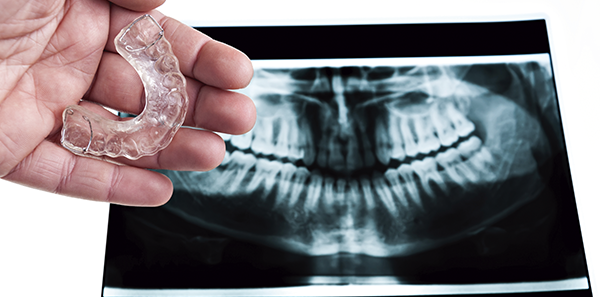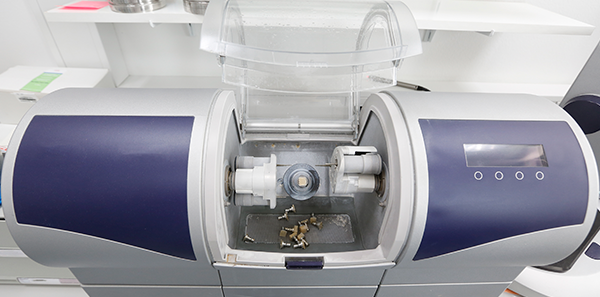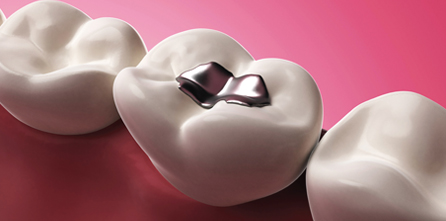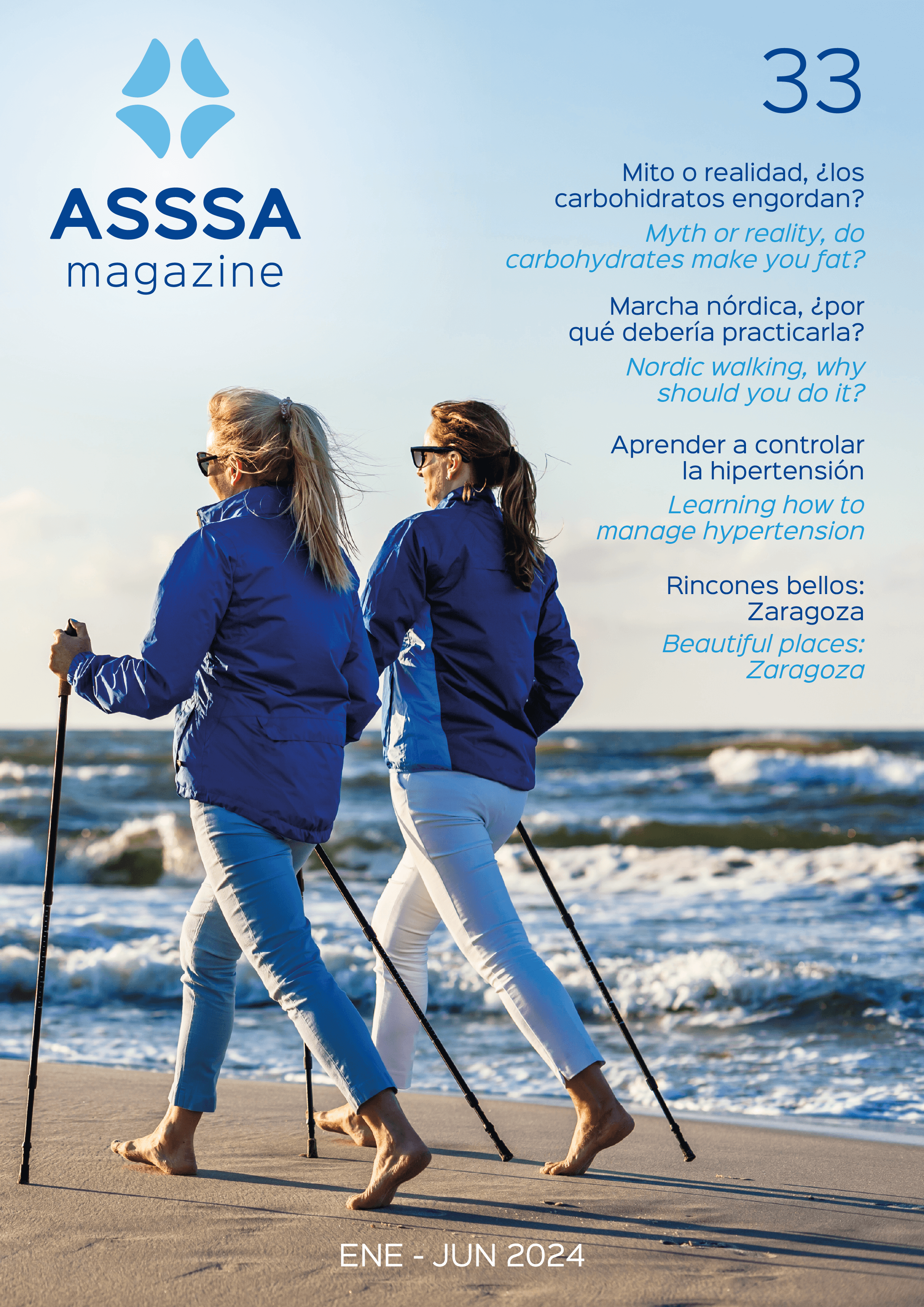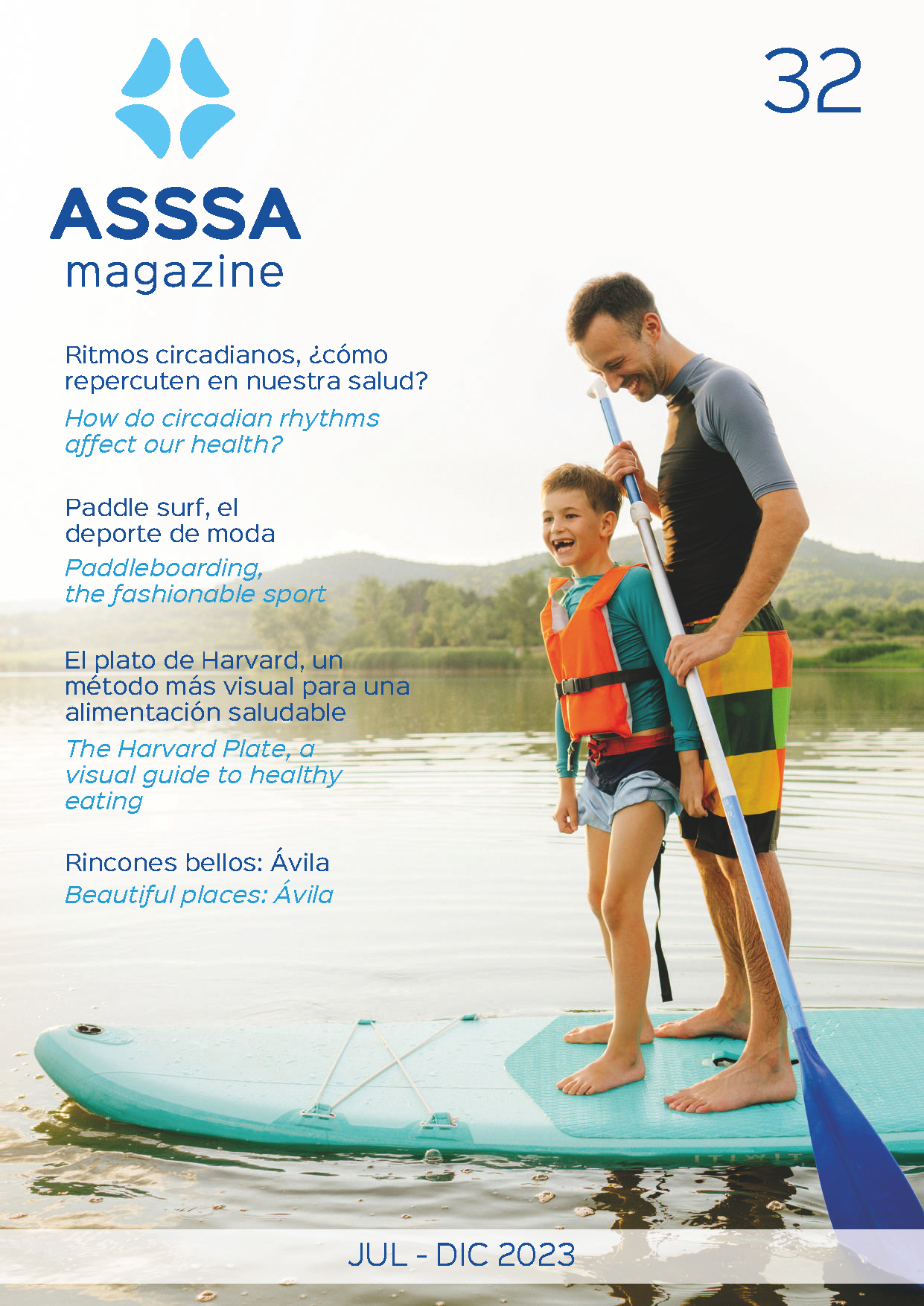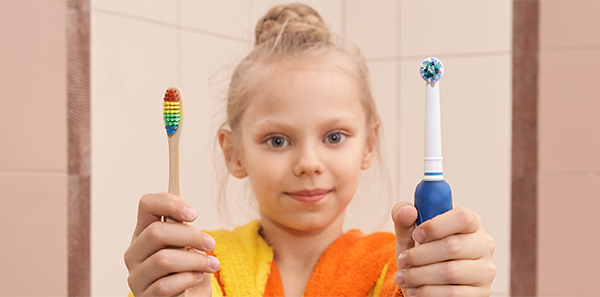
Tooth brushing is essential for good hygiene and for preventing oral health problems. Its purpose is to eliminate as much bacterial plaque as possible, preventing gum inflammation and avoiding gingivitis or even periodontitis.
Both options, the manual and the electric toothbrush, are equally effective provided they’re used correctly.
To ensure this, we need the patient to:
- Use good brushing technique.
- Do it often (minimum twice a day).
- Brush for the time needed to remove bacterial plaque (minimum 2 minutes).
Choosing one or the other depends on many factors and the patient’s needs must be taken into account when deciding which one suits them best.
It’s important to note that both the manual toothbrush and the electric toothbrush head should be changed every 3 months. Plus, toothpaste should contain fluoride and dental floss or an irrigator should be used, as well as mouthwash at least once a day to ensure oral hygiene is as good as it possibly can be.
When should a manual toothbrush be used?
- Children up to 8 years old, as they need to learn good brushing technique first.
- Cases in which oral surgery has been performed, as hard brushing in that area isn’t advisable. Brushing should be done gently so as not to compromise stitches.
- Patients with healthy teeth.
When should an electric toothbrush be used?
- In cases of people with disabilities and dependency or people with mobility difficulties or with some type of functional diversity, as it’s more effective and practical, especially for caregivers who have to brush their teeth.
- Patients with periodontal disease, as this method removes more bacterial plaque.
- Patients with orthodontics, as hygiene with braces is more complex.
- Children over 8 years old who have already learned the technique.
- Patients with healthy teeth.
In these cases where the ideal brushing method is with an electric toothbrush, scientific evidence shows that the best brushes are those with an oscillating-rotational system (when the brush head rotates in one direction and then in the other).
In conclusion, in patients without any special needs, any choice is correct, provided they have a good brushing technique and follow hygiene guidelines.
Dr. Carmen Mª Doménech
Dentist specialising in oral surgery and implants and periodontics
Manager at Clínica MIO


